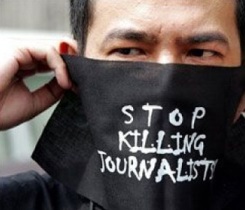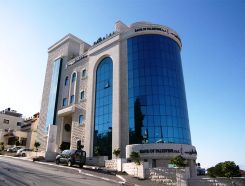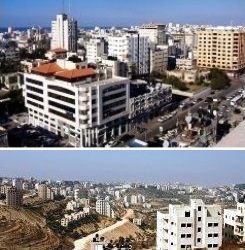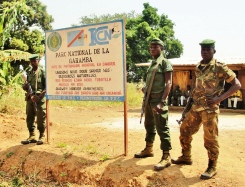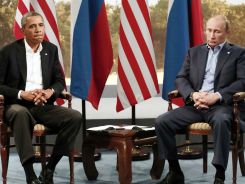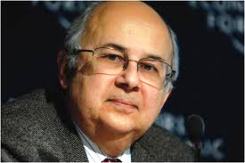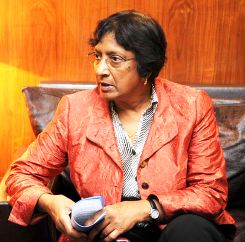By Richard Johnson | IDN-InDepth NewsAnalysis
GENEVA (IDN) – A new report by the Office of the United Nations High Commissioner for Human Rights (OHCHR) faults both State and non-State actors for stopping journalists and other media professionals from documenting and disseminating information on human rights violations, environmental issues, corruption, organized crime, drug trafficking, public crises, emergencies or public demonstrations – and this with impunity.
Journalists are subject to abduction, arbitrary detention, enforced disappearance, expulsion, harassment, surveillance, search and seizure, torture and threats and acts of other forms of violence. Female journalists face additional risks, including being subjected to forms of sexual violence while covering public events or when in detention, says the report that the United Nations Human Rights Council debated on September 13, 2013.

